1.Identification
1.1 GHS Product identifier
| Product name | kadethrin |
|---|
1.2 Other means of identification
| Product number | - |
|---|---|
| Other names | spray-tox |
1.3 Recommended use of the chemical and restrictions on use
| Identified uses | For industry use only. |
|---|---|
| Uses advised against | no data available |
1.4 Supplier's details
| Company | MOLBASE (Shanghai) Biotechnology Co., Ltd. |
|---|---|
| Address | Floor 4 & 5, Building 12, No. 1001 North Qinzhou Road, Xuhui District, Shanghai, China |
| Telephone | +86(21)64956998 |
| Fax | +86(21)54365166 |
1.5 Emergency phone number
| Emergency phone number | +86-400-6021-666 |
|---|---|
| Service hours | Monday to Friday, 9am-5pm (Standard time zone: UTC/GMT +8 hours). |
2.Hazard identification
2.1 Classification of the substance or mixture
Acute toxicity - Oral, Category 4
Acute toxicity - Dermal, Category 4
Acute toxicity - Inhalation, Category 4
Hazardous to the aquatic environment, short-term (Acute) - Category Acute 1
Hazardous to the aquatic environment, long-term (Chronic) - Category Chronic 1
2.2 GHS label elements, including precautionary statements
| Pictogram(s) | 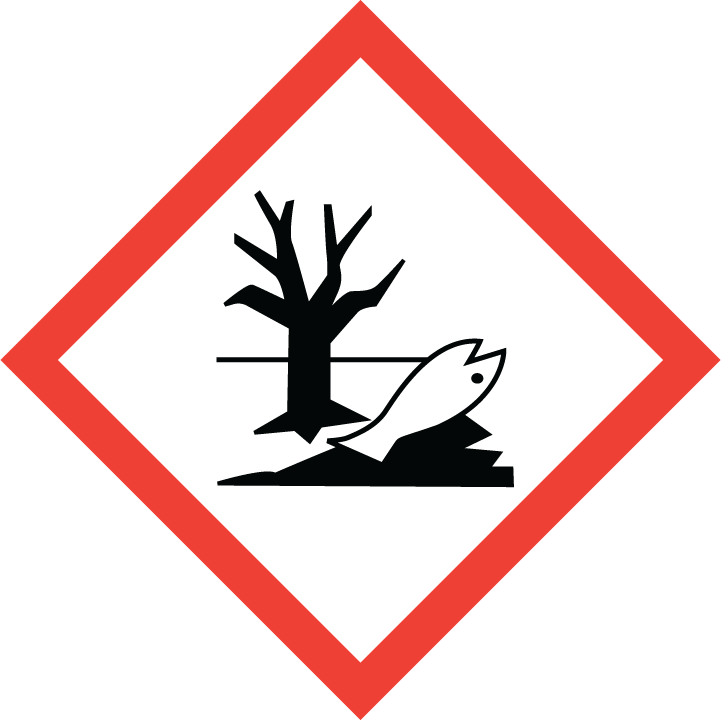 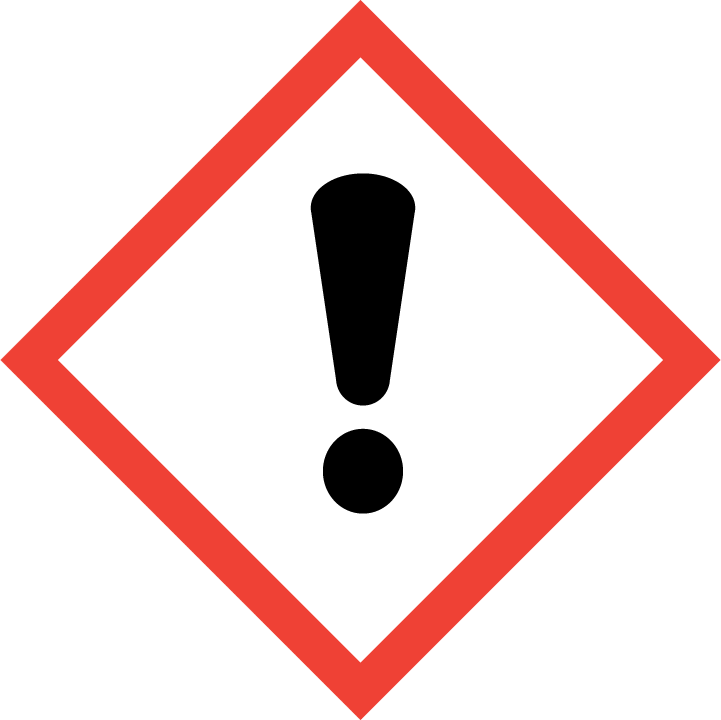 |
|---|---|
| Signal word | Warning |
| Hazard statement(s) | H302 Harmful if swallowed H312 Harmful in contact with skin H332 Harmful if inhaled H410 Very toxic to aquatic life with long lasting effects |
| Precautionary statement(s) | |
| Prevention | P264 Wash ... thoroughly after handling. P270 Do not eat, drink or smoke when using this product. P280 Wear protective gloves/protective clothing/eye protection/face protection. P261 Avoid breathing dust/fume/gas/mist/vapours/spray. P271 Use only outdoors or in a well-ventilated area. P273 Avoid release to the environment. |
| Response | P301+P312 IF SWALLOWED: Call a POISON CENTER/doctor/…if you feel unwell. P330 Rinse mouth. P302+P352 IF ON SKIN: Wash with plenty of water/... P312 Call a POISON CENTER/doctor/…if you feel unwell. P321 Specific treatment (see ... on this label). P362+P364 Take off contaminated clothing and wash it before reuse. P304+P340 IF INHALED: Remove person to fresh air and keep comfortable for breathing. P391 Collect spillage. |
| Storage | none |
| Disposal | P501 Dispose of contents/container to ... |
2.3 Other hazards which do not result in classification
none
3.Composition/information on ingredients
3.1 Substances
| Chemical name | Common names and synonyms | CAS number | EC number | Concentration |
|---|---|---|---|---|
| kadethrin | kadethrin | 58769-20-3 | none | 100% |
4.First-aid measures
4.1 Description of necessary first-aid measures
General advice
Consult a physician. Show this safety data sheet to the doctor in attendance.
If inhaled
If breathed in, move person into fresh air. If not breathing, give artificial respiration. Consult a physician.
In case of skin contact
Wash off with soap and plenty of water. Consult a physician.
In case of eye contact
Rinse thoroughly with plenty of water for at least 15 minutes and consult a physician.
If swallowed
Never give anything by mouth to an unconscious person. Rinse mouth with water. Consult a physician.
4.2 Most important symptoms/effects, acute and delayed
no data available
4.3 Indication of immediate medical attention and special treatment needed, if necessary
The additives (e.g. petroleum distillate), when present, represent a greater toxic threat to the patient than the active ingredient itself. ... Emesis should not be induced when petroleum distillate additives are present. ... The alert person with an intact gag reflex & a sublethal pyrethrum ingestion without other toxic constituents may have emesis induced by ipecac, followed by a saline cathartic & slurry of activated charcoal. ... Pulmonary & allergic sequelae are treated symptomatically with airway maintenance, oxygen, & ventilatory assistance as required. Standard drugs and management protocols may be used for treatment of bronchospasm & anaphylaxis. Seizures are treated with diazepam. /Pyrethrum and synthetic pyrethroids/
5.Fire-fighting measures
5.1 Extinguishing media
Suitable extinguishing media
Use carbon dioxide, foam, or dry chemical /on fires involving pyrethroids/. /Pyrethrum/
5.2 Specific hazards arising from the chemical
no data available
5.3 Special protective actions for fire-fighters
Wear self-contained breathing apparatus for firefighting if necessary.
6.Accidental release measures
6.1 Personal precautions, protective equipment and emergency procedures
Use personal protective equipment. Avoid dust formation. Avoid breathing vapours, mist or gas. Ensure adequate ventilation. Evacuate personnel to safe areas. Avoid breathing dust. For personal protection see section 8.
6.2 Environmental precautions
Prevent further leakage or spillage if safe to do so. Do not let product enter drains. Discharge into the environment must be avoided.
6.3 Methods and materials for containment and cleaning up
Spillages of pesticides at any stage of their storage or handling should be treated with great care. Liquid formulations may be reduced to solid phase by evaporation. Dry sweeping of solids is always hazardous: these should be removed by vacuum cleaning /SRP: with HEPA filter/, or by dissolving them in water, or other solvent in the factory environment. /Pesticides/
7.Handling and storage
7.1 Precautions for safe handling
Avoid contact with skin and eyes. Avoid formation of dust and aerosols. Avoid exposure - obtain special instructions before use.Provide appropriate exhaust ventilation at places where dust is formed. For precautions see section 2.2.
7.2 Conditions for safe storage, including any incompatibilities
For storage, aluminum cans or cans lacquered on the inside are recommended (not tinplate).
8.Exposure controls/personal protection
8.1 Control parameters
Occupational Exposure limit values
no data available
Biological limit values
no data available
8.2 Appropriate engineering controls
Handle in accordance with good industrial hygiene and safety practice. Wash hands before breaks and at the end of workday.
8.3 Individual protection measures, such as personal protective equipment (PPE)
Eye/face protection
Safety glasses with side-shields conforming to EN166. Use equipment for eye protection tested and approved under appropriate government standards such as NIOSH (US) or EN 166(EU).
Skin protection
Wear impervious clothing. The type of protective equipment must be selected according to the concentration and amount of the dangerous substance at the specific workplace. Handle with gloves. Gloves must be inspected prior to use. Use proper glove removal technique(without touching glove's outer surface) to avoid skin contact with this product. Dispose of contaminated gloves after use in accordance with applicable laws and good laboratory practices. Wash and dry hands. The selected protective gloves have to satisfy the specifications of EU Directive 89/686/EEC and the standard EN 374 derived from it.
Respiratory protection
Wear dust mask when handling large quantities.
Thermal hazards
no data available
9.Physical and chemical properties
| Physical state | no data available |
|---|---|
| Colour | Yellow-brown viscous oil |
| Odour | no data available |
| Melting point/ freezing point | 31ºC |
| Boiling point or initial boiling point and boiling range | 526.2ºC at 760 mmHg |
| Flammability | no data available |
| Lower and upper explosion limit / flammability limit | no data available |
| Flash point | 100ºC |
| Auto-ignition temperature | no data available |
| Decomposition temperature | no data available |
| pH | no data available |
| Kinematic viscosity | no data available |
| Solubility | Practically insol in water. Sol in dichloromethane, ethanol (10 g/kg), benzene, toluene, xylene, acetone, piperonyl butoxide. Slightly sol in kerosene. |
| Partition coefficient n-octanol/water (log value) | no data available |
| Vapour pressure | no data available |
| Density and/or relative density | 1.278g/cm3 |
| Relative vapour density | no data available |
| Particle characteristics | no data available |
10.Stability and reactivity
10.1 Reactivity
no data available
10.2 Chemical stability
Hydrolyzed by aqueous alkalis. Rapidly decomposed by light (more slowly in mineral oils). Unstable to heat.
10.3 Possibility of hazardous reactions
no data available
10.4 Conditions to avoid
no data available
10.5 Incompatible materials
Incompatible with alkaline materials.
10.6 Hazardous decomposition products
no data available
11.Toxicological information
Acute toxicity
- Oral: LD50 Rat male oral 1324 mg/kg
- Inhalation: no data available
- Dermal: LD50 Rat female percutaneous >3200 mg/kg
Skin corrosion/irritation
no data available
Serious eye damage/irritation
no data available
Respiratory or skin sensitization
no data available
Germ cell mutagenicity
no data available
Carcinogenicity
no data available
Reproductive toxicity
no data available
STOT-single exposure
no data available
STOT-repeated exposure
no data available
Aspiration hazard
no data available
12.Ecological information
12.1 Toxicity
- Toxicity to fish: no data available
- Toxicity to daphnia and other aquatic invertebrates: no data available
- Toxicity to algae: no data available
- Toxicity to microorganisms: no data available
12.2 Persistence and degradability
Although environmental biodegradation data specific to kadethrin do not exist, the pyrethroid class of insecticides is readily degraded by environmental microorganisms(1,2); based upon its structure, kadethrin is also expected to readily biodegrade(1,2).
12.3 Bioaccumulative potential
An estimated BCF of 313 was calculated for kadethrin(SRC), using an estimated log Kow of 6.29(SRC), derived from a structure estimation method(1) and a regression-derived equation(2). According to a classification scheme(3), this BCF suggests the potential for bioconcentration in aquatic organisms is high(SRC).
12.4 Mobility in soil
Using a structure estimation method based on molecular connectivity indices(1), the Koc for kadethrin can be estimated to be 1.84X10+5(SRC). According to a classification scheme(2), this estimated Koc value suggests that kadethrin is expected to be immobile in soil(SRC).
12.5 Other adverse effects
no data available
13.Disposal considerations
13.1 Disposal methods
Product
The material can be disposed of by removal to a licensed chemical destruction plant or by controlled incineration with flue gas scrubbing. Do not contaminate water, foodstuffs, feed or seed by storage or disposal. Do not discharge to sewer systems.
Contaminated packaging
Containers can be triply rinsed (or equivalent) and offered for recycling or reconditioning. Alternatively, the packaging can be punctured to make it unusable for other purposes and then be disposed of in a sanitary landfill. Controlled incineration with flue gas scrubbing is possible for combustible packaging materials.
14.Transport information
14.1 UN Number
| ADR/RID: UN3082 | IMDG: UN3082 | IATA: UN3082 |
14.2 UN Proper Shipping Name
| ADR/RID: ENVIRONMENTALLY HAZARDOUS SUBSTANCE, LIQUID, N.O.S. |
| IMDG: ENVIRONMENTALLY HAZARDOUS SUBSTANCE, LIQUID, N.O.S. |
| IATA: ENVIRONMENTALLY HAZARDOUS SUBSTANCE, LIQUID, N.O.S. |
14.3 Transport hazard class(es)
| ADR/RID: 9 | IMDG: 9 | IATA: 9 |
14.4 Packing group, if applicable
| ADR/RID: III | IMDG: III | IATA: III |
14.5 Environmental hazards
| ADR/RID: yes | IMDG: yes | IATA: yes |
14.6 Special precautions for user
no data available
14.7 Transport in bulk according to Annex II of MARPOL 73/78 and the IBC Code
no data available
15.Regulatory information
15.1 Safety, health and environmental regulations specific for the product in question
| Chemical name | Common names and synonyms | CAS number | EC number |
|---|---|---|---|
| kadethrin | kadethrin | 58769-20-3 | none |
| European Inventory of Existing Commercial Chemical Substances (EINECS) | Listed. | ||
| EC Inventory | Listed. | ||
| United States Toxic Substances Control Act (TSCA) Inventory | Not Listed. | ||
| China Catalog of Hazardous chemicals 2015 | Not Listed. | ||
| New Zealand Inventory of Chemicals (NZIoC) | Not Listed. | ||
| Philippines Inventory of Chemicals and Chemical Substances (PICCS) | Not Listed. | ||
| Vietnam National Chemical Inventory | Not Listed. | ||
| Chinese Chemical Inventory of Existing Chemical Substances (China IECSC) | Not Listed. | ||
16.Other information
Information on revision
| Creation Date | Aug 12, 2017 |
|---|---|
| Revision Date | Aug 12, 2017 |
Abbreviations and acronyms
- CAS: Chemical Abstracts Service
- ADR: European Agreement concerning the International Carriage of Dangerous Goods by Road
- RID: Regulation concerning the International Carriage of Dangerous Goods by Rail
- IMDG: International Maritime Dangerous Goods
- IATA: International Air Transportation Association
- TWA: Time Weighted Average
- STEL: Short term exposure limit
- LC50: Lethal Concentration 50%
- LD50: Lethal Dose 50%
- EC50: Effective Concentration 50%
References
- IPCS - The International Chemical Safety Cards (ICSC), website: http://www.ilo.org/dyn/icsc/showcard.home
- HSDB - Hazardous Substances Data Bank, website: https://toxnet.nlm.nih.gov/newtoxnet/hsdb.htm
- IARC - International Agency for Research on Cancer, website: http://www.iarc.fr/
- eChemPortal - The Global Portal to Information on Chemical Substances by OECD, website: http://www.echemportal.org/echemportal/index?pageID=0&request_locale=en
- CAMEO Chemicals, website: http://cameochemicals.noaa.gov/search/simple
- ChemIDplus, website: http://chem.sis.nlm.nih.gov/chemidplus/chemidlite.jsp
- ERG - Emergency Response Guidebook by U.S. Department of Transportation, website: http://www.phmsa.dot.gov/hazmat/library/erg
- Germany GESTIS-database on hazard substance, website: http://www.dguv.de/ifa/gestis/gestis-stoffdatenbank/index-2.jsp
- ECHA - European Chemicals Agency, website: https://echa.europa.eu/
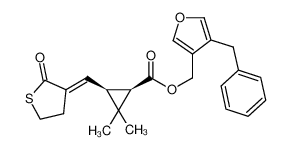






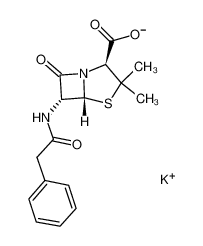

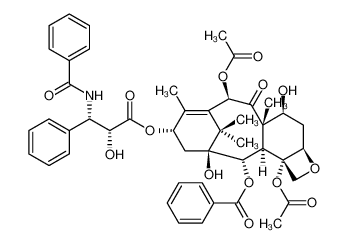
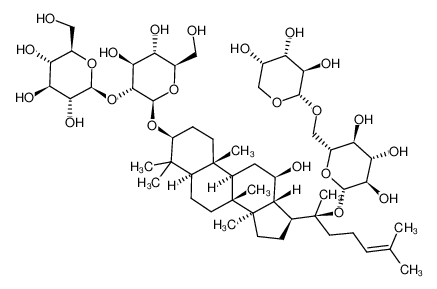
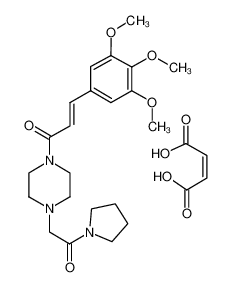
-
-

-
-
-

-
-
-

-
-
-

-
-
-

-
-
-

-
-
-

-
-
-

-
-
-

-
-
-

-
More Suppliers>>Hangzhou J&H Chemical Co., Ltd.
CHINA
Purity: 98%
Lead Time: 14 Day(s)
Price: -
Henan Coreychem Co.,Ltd
CHINA
Purity: 0.98%
Lead Time: 3 Day(s)
Price: -
Skyrun Industrial Co., Limited
CHINA
Purity: 99%
Lead Time: 7 Day(s)
Price: -
Shanghai Miner Chemical Technology Co., Ltd.
CHINA
Purity: 96%
Lead Time: 21 Day(s)
Price: Min $98.33 /mg
Saan Chemical Technology (Shanghai) Co., Ltd.
CHINA
Purity: 96%
Lead Time: 1 Day(s)
Price: Min $87.56 /mg
Shanghai Aladdin Bio-Chem Technology Co.,LTD
CHINA
Purity: 96%
Lead Time: 56 Day(s)
Price: Min $103.5 /mg
Santa Cruz Biotechnology, Inc.
UNITED STATES
Purity: 96%
Lead Time: 10 Day(s)
Price: Min $49 /mg
Molchemical
CHINA
Purity: 96%
Lead Time: 7 Day(s)
Price: -
Molchemical
CHINA
Purity: 95%
Lead Time: 0 Day(s)
Price: -
Chengdu SinoStandards Bio-Tech Co.,Ltd.
CHINA
Purity: 98%
Lead Time: 7 Day(s)
Price: -